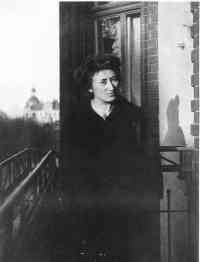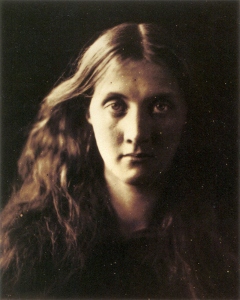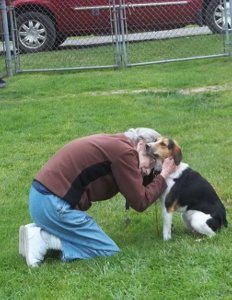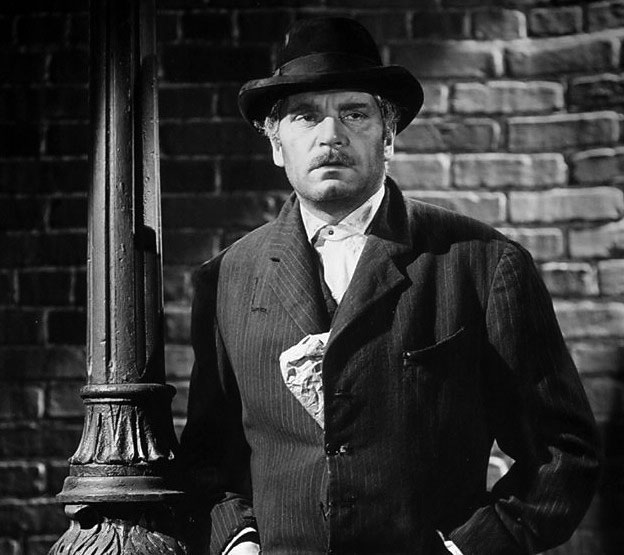Start Your Story (or Get It Rolling)
Fall 2015Session Four
November 10, 2015
(Click here to identify these people)
A Tutorial with Novelist Meredith Sue Willis
Session One
Session Two
Session Three
Session Four
Session Five
For a reminder of how the class works, go to the bottom.
Some More About Your History as a Writer
I wanted to begin with just a few more notes about your history as a writer. I think this is both useful in the practical way of helping you figure out what might be most natural for you in arranging your time so you can write most fruitfully and also, perhaps, as you go forward, to have more control over the trajectory of your writing life. For example, I began writing to entertain myself, and find myself, as I get older, not less serious, but increasingly interested in genre writing--science fiction, young adult, even mysteries.
Of course, your first job should be writing what comes to you as inspiration, but aside from offering some prompts, I don't have much to do with that. Your inspiration, the pressure from within to write, the flashes of ideas--those things are completely yours.
It might be worth thinking about when you were first self-aware as a writer. Did it happen recently? Were you already thinking of yourself as a poet or writer when you were small? I wrote as a child, but really only for my own entertainment and as a kind of response to what I had read, just as I and my sister and cousin sometimes acted out movies or fairy tales. Then, sometime in high school I became aware of Authors, and I became very self-conscious, picturing myself in a sort of white spotlight (a little like Snoopy in the Peanuts comics): Now the Writer picks up her pencil. Now the Writer is beginning to write--It was a dark and stormy night...
Exercise 1: Make a list of the sources, as best you remember, of several scenes or stories other other pieces of writing you've done in the past.
Exercise 2: Do you remember the first thing you ever wrote? Was it a dog story? a poem about the snow? Did it come in response to an assignment? To something you'd read? Do you still have it? Write a short paragraph about those initial efforts of yours, whether they were childlike or written with the relative sophistication of a college student.
Exercise 3: Describe one of the places you used to go as a child from a grown up's point of view. Did the campsite you loved as a child look the same to your mother who cooked meals on a tiny camp stove?
Exercise 4: Most of us, however old we are now, hope to get older. Imagine some scene from your present or past from the point of view of someone in extreme age: 95 or 100, or beyond. It might be you, or it might be a character you invent. (I've been thinking about this because my 96 year old mother is visiting me)
Exercise 5: Think of some person from your past who you no longer are in touch with. Write about them-- what they were like, what they looked like, how they were meaningful to you. As with all these assignments, this is meant as a possible starter for new material.
Exercise 6: Take a walk to a public place. Observe someone who catches your eye: a child? a disgruntled looking worker? Do the same exercise as #5 but about this stranger. Begin with a description, then begin to fictionalize the person: imagine the sound of her/his voice, type of perfume/cologne the person is likely to wear. Make up a back story for the person, who is now a character, and, if you are still interested, start writing.
Senses and character
I want to have us think a little about creating character from the outside, via description, not for itself, but as an important way to explore via observation. Sense description of a person is useful both for the writer and for the reader. It is important to keep in mind that you are not, in your imagining and exploration, limited to what your eyes can see--and I don't mean here imagining what's going on in the character's mind. I mean the other senses, as in the exercises on place. The next exercise is very similar to #11 in Session Three, except it is about a person, not a place:
Exercise 7: Close your eyes and think of a person, either real or imagined. Take your time, breathing deeply. Pretend you are invisible, and approach the person first with a visual overview. Then move closer and perhaps notice the person's voice. Is there any accent or dialect marker? What is the quality of the voice? Tone? Volume? Next, move even closer than we usually do in (polite!) real life: notice odors and touch sensations like hair & skin texture. Let your memory/imagination do this for a while, then write. You may or may not use all the material you experienced in your imagination. Write down what you want, and then write a piece in which the person speaks or does something.
Exercise 8: If you are already working on a writing project, do Exercise 7 with a character in your project. This works especially well with a minor character or any character you are having trouble with.Exercise 9: Do the same exercise, but use only the senses other than sight.
Exercise 10: Describe a scene of physical affection or sex emphasizing more senses than the visual.
Exercise 11: Use the image of a man below as a picture prompt. He is a major character in an old movie made from a fairly famous American novel. Click here, AFTER YOU'VE WRITTEN!! to see who it is.
Exercise 12: Do the same exercise with one or more of the faces at the top.
–Meredith Sue Willis
The Way the Class Works
Each week there will be between 5 and 10 writing assignments for you to try or ignore as you please. The assignments are exercises aimed at getting your narrative imagination in gear--and rolling forward. You don't have to write all the exercises, although if you did, you would amass quite a bit of work by the end of the tutorial.
Write as much as you can, but send me an average around 1400 words a week, with a limit of 7000 words for the entire five weeks.
As you know, the course is completely online and consists of the weekly assignments plus the personal weekly feedback from the teacher. With hard work and a little luck, a tutorial like this will give you several good starts on prose narratives-- stories, novels, memoir, etc. or, if you work on one project, up to 30 new or revised pages of a draft.
For those of you already engaged in a project, the assignments can enrich and add material. Also, if you prefer, you may substitute sections of the ongoing work for the assignments. You may send more or less each week, but keep in mind the total limit for the five weeks.
Send the homework to me at MeredithSueWillis@gmail.com by midnight of the due date— Session One homework is due by Sunday night, October 25, 2015. Send the homework attached to an e-mail as a Word or Rich Text file. If this is a problem for you, e-mail me, and we'll work something out.
What is the Difference Between a Tutorial and a Class?
My online classes have longer, lecture-style essays and more readings, and they cost more. These tutorial "lessons" are stripped down, primarily lists of starters and exercises. The focus is, as always, on your writing and my responses to your submissions.
Anna Netrebko as Anna Bolena;Rosa Luxemburg ; Quanah Parker; Julia Princep Duckworth Stephen (Virginia Woolf's mother, photographed by her aunt Julia Margaret Cameron)
Lawrence Olivier as George Hurstwood from the movie version of Theodore Dreiser's novel, Sister Carrie.
Subscribe to Meredith Sue Willis's Free Newsletter for Readers and Writers:
Images and photos found on the various pages of this web site
may be used by anyone, but please attribute
the source when it is specified.
This work is licensed under a Creative Commons Attribution-NonCommercial-ShareAlike 3.0 Unported License.








